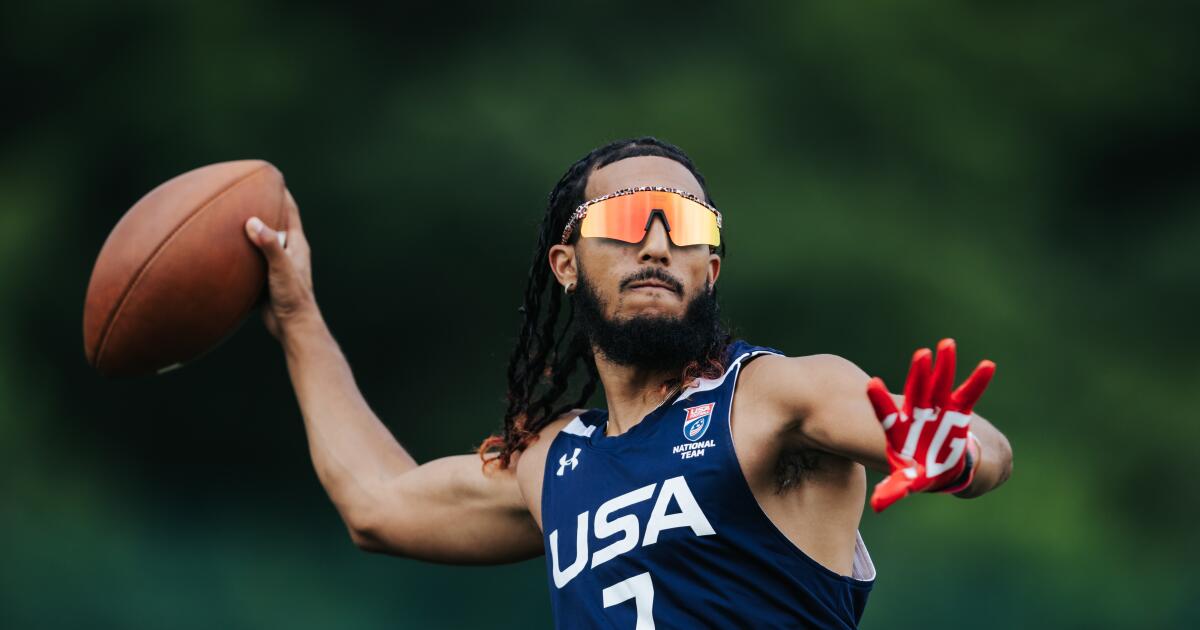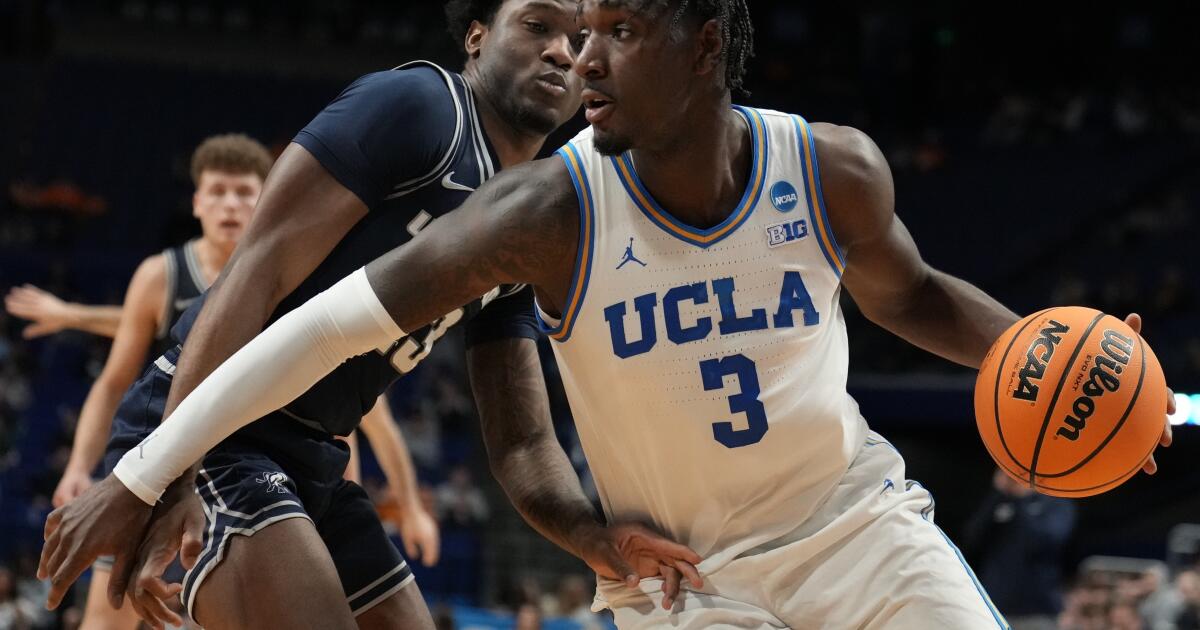Last Updated:
Wadhera reflects on his breakout IPL 2025, sharing how Dravid’s lessons, Iyer and Ponting’s faith, and Kohli’s praise shaped his fearless batting and hunger to excel.
Nehal Wadhera. (Sportzpics)
At just 24, Nehal Wadhera has emerged as one of Indian cricket’s brightest young stars, propelled by a standout IPL 2025 campaign with Punjab Kings. In a freewheeling chat with CricketNext.com, Wadhera credits his fearless left-handed batting and adaptability as a floater to lessons from his India U-19 days under Rahul Dravid, who emphasised the importance of versatility in the middle order.
His electrifying 70 against Rajasthan Royals showcased his knack for seizing momentum, a performance made possible by the confidence shown by captain Shreyas Iyer and coach Ricky Ponting. A memorable highlight of the season was Virat Kohli greeting him in Punjabi and praising his composure—an endorsement that left a lasting impact.
Beyond individual feats, Wadhera points to the transformative team culture under Iyer and Ponting, blending humility with fierce competitiveness. Despite PBKS’s narrow IPL final loss, Wadhera’s candid self-reflection and hunger for growth signal a mature talent with ambitions to shine for India
IPL is still fresh in everyone’s mind. You came into Punjab Kings with high expectations and played the floater role—a tough one, since your entry point varies game to game. What was it like mentally preparing for that role?
Talking about the floater role, I’ve always found myself in similar situations, even during domestic cricket. When I was with the India U-19 team, Rahul Dravid was our coach. He once asked someone, “What’s your favorite position to bat?” The player answered, “Middle order.” Then Dravid asked, “What does a middle-order batsman mean?” The reply was, “Number four, five, or six.” Dravid said, “There’s no fixed number for a middle-order player. If you want to play for India, you must know how to bat at four, five, and six.”
That stuck with me. I knew going into the IPL that I wouldn’t get my favourite spot. Just making it into the playing XI was a big achievement. I prepared with that mindset—wherever I bat, I must perform. Back home, I practiced situations like 30 for 4, 120 for 2, etc. I knew which bowlers to target, when and how to attack. That preparation gave me the confidence to bat at any position.
Preparation is one thing, but execution is another. Your 70 against Rajasthan Royals was a highlight. What was going through your mind during that innings, especially when you accelerated?
A player can only play such innings when he has the confidence of the coach and captain. They gave me that confidence and told us not to fear getting out. That takes the fear of failure away and brings out your best. In that game, I came in around the fifth over, hit a couple of early boundaries, and my momentum picked up. The bowlers bowled into my arc so that I could free my arms. I didn’t set out to play that kind of innings—it just flowed. My bat felt in sync, and I made the most of it.
Throughout the season, you often came in to counter spin and accelerate in the middle overs. Did you have to make any tactical adjustments for that?
Most Indian players are good at playing spin because of the tough domestic pitches. In the Ranji Trophy, we get rank turners where even reading the ball is hard. That builds adaptability. The quality of spinners in the domestic circuit is high, even among players who aren’t in the national team. So, we get tested constantly. That experience helped me adjust tactically in the IPL.
Let’s talk about that viral moment before the RCB game—Virat Kohli walking up to you. That must have been surreal. What was that like?
That was our first match against RCB this season. Virat bhaiya was with Shreyas Iyer near our dressing room. He called me over and greeted me in Punjabi. After the game, I asked him if he noticed any improvement in my batting. Last to last season, he’d given me some advice, and I’d worked on it. He said, “Yes, you’re more composed now. You know where and when to hit.” For someone like me—just three IPL seasons in—it meant the world to get that encouragement from a legend like him.
Did you get a bat from him? Everyone seems to!
(laughs) No, I don’t ask for bats. It’s a personal thing for players. I’m not one of those.
Coming back to Punjab Kings. You were with Mumbai Indians for two years. What was different between the MI setup and PBKS?
Every franchise has its own culture, but the way I was treated in MI and PBKS was the same—very supportive. The main difference was my role. In MI, there were big names like Rohit Sharma, Ishan Kishan, Suryakumar Yadav, Hardik Pandya, Tim David, Cameron Green and Jasprit Bumrah. It was hard to break in. But in Punjab, I felt more responsibility. Players like me, Prabhsimran [Singh], Shashank [Singh], and Harpreet Brar hadn’t played internationally yet. We had that hunger to prove ourselves. That energy drove us to give 100%.
Shreyas Iyer played a big role too—on and off the field. Anything specific that made you look up to him as a leader?
I saw an interview where he said, “Don’t make yourself so available that people take you for granted.” That line hit me. On the field, I saw that same discipline. Off the field, too, he was focused—diet, routine, everything. Even on flights, he’d carry his own food. That level of commitment reflected in his captaincy.
And what about Ricky Ponting—another legend. Any special moment with him?
Ponting sir never made you feel like he was a World Cup-winning captain. Despite his aggressive on-field image, he was the happiest guy off it. After the final, I wasn’t in a great mood. He asked me if I was coming to the team get-together. I said no. He said, “You should be the first one there.” That’s the kind of support he gives you. He brings the best out of every player.
Let’s go back to that final. After the match, you took responsibility for the loss. What was your mindset then?
People talked about pressure, but I didn’t feel it that way. I wanted to take the game deep, but I ended up playing too many dot balls. I wasn’t able to finish. Yes, if I had batted better, we could have won. It was just one of those days.
This IPL season has been a breakout one for you. What are your short-term and long-term goals?
My immediate goal is to do well in the domestic season and help Punjab win a trophy. After that, if India A or any other opportunity comes, I want to be ready. I want to be an even better player than I was this IPL and represent India one day.
Finally, Shubman Gill. You’ve known him since your junior days. Now he’s India’s Test captain. What do you think of him as a leader?
We’ve played under-16 together and trained at Punjab camps. I think he has all the qualities of a good captain. We haven’t been in touch much since he started playing for India, but I know he’ll lead well. I truly believe that.

Vineet R, an accomplished sports journalist with over 13 years of experience in digital media, currently serves as the Associate Editor – Sports at CricketNext and News18 Sports. With a specialization in cricke…Read More
Vineet R, an accomplished sports journalist with over 13 years of experience in digital media, currently serves as the Associate Editor – Sports at CricketNext and News18 Sports. With a specialization in cricke… Read More
- First Published:








